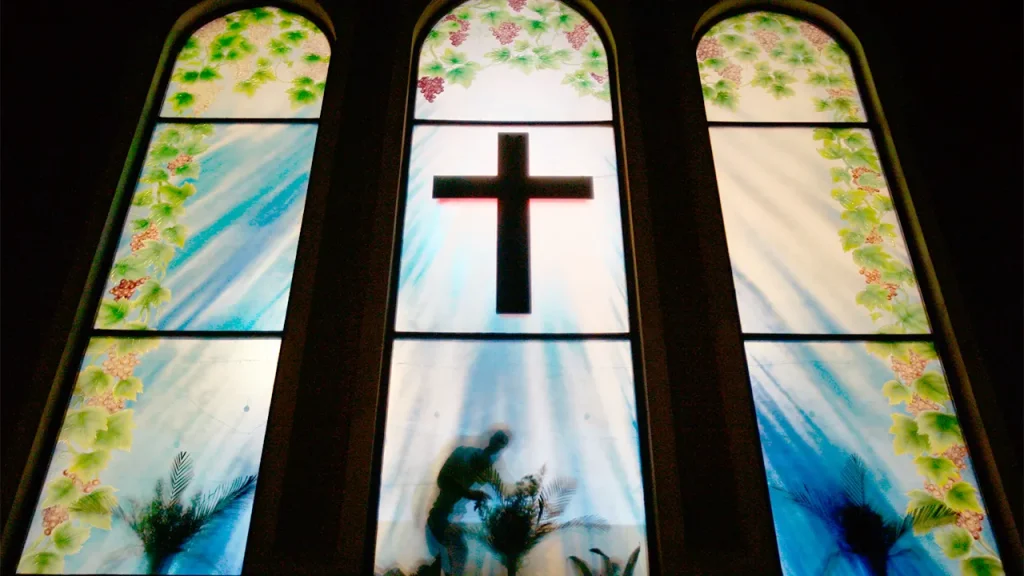China Arrests 18 Underground Church Leaders in Major Crackdown
In a significant move against religious freedom, Chinese authorities have formally arrested 18 leaders of Zion Church, one of China’s prominent underground Christian congregations. This action sets the stage for their prosecution and potential imprisonment for up to three years. The arrests, reported by Reuters with information from a Christian NGO, represent the largest crackdown on Chinese Christians in seven years, with nearly 30 pastors and staff members initially detained by police in mid-October.
The human rights organization ChinaAid has characterized these arrests as politically motivated, stating that these church leaders are being criminalized simply for their religious leadership. “These pastors and co-workers are being treated as criminals simply because they faithfully shepherded a large, legally unregistered church that refused to submit to CCP control and surveillance,” the organization noted in their statement. The fundamental issue appears to be the church’s unwillingness to place itself under government oversight and control, maintaining instead its independence and religious integrity.
Dr. Bob Fu, who founded and leads ChinaAid, described these arrests as a “chilling milestone” in what he sees as the Chinese Communist Party’s comprehensive campaign against Christianity. His statement highlights the core tension: “Their only ‘crime’ is preaching the Gospel of Jesus Christ, shepherding God’s flock, and refusing to turn Christ’s church into a propaganda tool of the Communist Party.” This perspective emphasizes the political dimension of religious persecution in China, where authorities often view independent religious organizations as potential threats to state control and ideological unity rather than purely spiritual entities.
The arrests send a powerful message to all independent churches throughout China: conform to Party regulations or face severe consequences. By transforming religious leaders into political prisoners, the government creates a climate of fear designed to bring independent religious activity under strict state supervision. This approach reflects China’s broader strategy toward religion, which permits faith practices only within carefully controlled parameters that don’t challenge the Party’s authority. The situation places Chinese Christians in the difficult position of choosing between practicing their faith freely and avoiding government persecution.
Secretary of State Marco Rubio has spoken out against these detentions, calling for the release of the church members arrested in October. His involvement underscores the international dimensions of this religious freedom issue, as concerns about China’s treatment of religious minorities continue to affect diplomatic relations. The United States and other nations often highlight religious persecution in their human rights dialogues with China, though such pressure has produced limited results in changing the government’s approach to religious control.
This crackdown occurs against the backdrop of a vast Christian community in China estimated at more than 96 million believers, according to Open Doors, an international organization supporting persecuted Christians. This substantial population faces increasing pressure as authorities strengthen their control over religious activities. The arrest of Zion Church leaders exemplifies the challenges facing Chinese Christians who wish to practice their faith outside government-sanctioned channels. As the cases of these 18 church leaders proceed through China’s legal system, they will likely become a focal point for both domestic Christians and international religious freedom advocates concerned about the deteriorating state of religious liberty in China.


